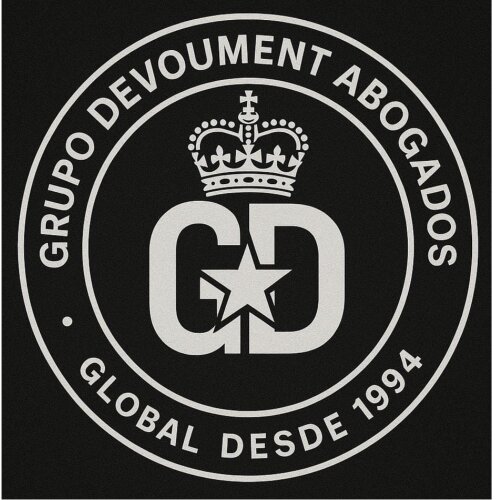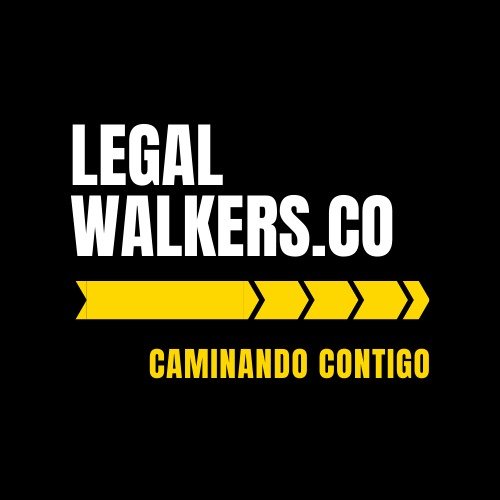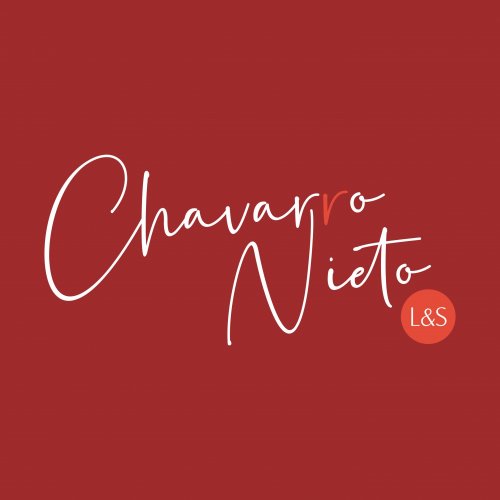Best Project Finance Lawyers in Bogotá
Share your needs with us, get contacted by law firms.
Free. Takes 2 min.
List of the best lawyers in Bogotá, Colombia
About Project Finance Law in Bogotá, Colombia
Project finance refers to the legal and financial structuring of long-term infrastructure and industrial projects based on the projected cash flows of the project rather than the balance sheets of the sponsors. In Bogotá, Colombia, project finance is a cornerstone for executing large-scale undertakings such as energy plants, highways, public transportation, social infrastructure, and telecommunications. This practice typically involves multiple stakeholders including lenders, sponsors, governmental entities, and contractors. Legal expertise is essential to navigate the complex contractual, regulatory, and financial environment in which these projects operate, especially given Colombia's evolving legal landscape and global investment priorities.
Why You May Need a Lawyer
Project finance transactions are multifaceted and high-stakes, often involving large sums of money, extended timelines, and numerous stakeholders. Here are some common situations in which seeking legal advice is crucial:
- Drafting and negotiating complex contracts such as concession agreements, financing documents, and joint ventures
- Ensuring regulatory and legal compliance with Colombian and Bogotá-specific laws
- Mitigating risks associated with environmental regulations, land acquisition, and permits
- Navigating public-private partnerships (PPPs) and government procurement processes
- Advising on tax, insurance, and structuring to maximize project returns and limit liabilities
- Resolving disputes that may arise during the project lifecycle
Local Laws Overview
Project finance in Bogotá is governed by a complex framework of national legislation, local regulations, and contract law. Key aspects include:
- Public-Private Partnerships: Law 1508 of 2012 sets the national framework for PPPs, defining how the private sector can participate in public infrastructure projects.
- Concession Contracts: Concession agreements allow private entities to finance, build, and operate public assets for a defined period.
- Foreign Investment: Laws enable foreign investors to participate in local projects, but compliance with the regulations of entities such as the Banco de la República and DIAN (tax authority) is essential.
- Environmental Permitting: Projects must comply with environmental regulations established by agencies like ANLA (Autoridad Nacional de Licencias Ambientales) and local Bogotá authorities.
- Secured Lending: Colombian law recognizes various security instruments such as mortgages, pledges, and trusts which are pivotal in project finance structures.
- Arbitration and Dispute Resolution: Many project finance contracts are governed by alternative dispute resolution mechanisms, often including international commercial arbitration.
Frequently Asked Questions
What is project finance and how does it differ from traditional corporate finance?
Project finance focuses on raising funds for specific projects using their own cash flows and assets as collateral rather than the general creditworthiness of project sponsors. This limits risk exposure for sponsors and lenders alike.
Can foreign investors participate in public projects in Bogotá?
Yes, Colombia encourages foreign investment in infrastructure and project finance, subject to compliance with registration and regulatory requirements from authorities such as Banco de la República and DIAN.
What are public-private partnerships (PPPs) and how are they regulated?
PPPs involve cooperation between public and private entities to finance and operate infrastructure. In Colombia, they are primarily regulated by Law 1508 of 2012.
What legal documents are necessary in a project finance deal?
Key documents include concession or PPP agreements, loan and security agreements, direct agreements with stakeholders, engineering and construction contracts, and operation and maintenance contracts.
How are risks allocated in project finance structures?
Risks are carefully allocated among participants through contract terms, insurance, guarantees, and other mechanisms. Legal counsel ensures that risks are managed efficiently and equitably.
What is the role of a trust (fideicomiso) in Colombian project finance?
Trusts are widely used to isolate project assets and revenues, manage funds distribution, and protect creditors in case of default.
What environmental approvals are required in Bogotá?
Most large-scale projects require environmental licenses issued by ANLA or local authorities. Additional permits may be needed depending on the nature and location of the project.
How are disputes commonly resolved?
Many agreements include arbitration clauses, often opting for local or international arbitration to expedite the resolution of complex disputes outside the court system.
What taxes apply to project finance structures?
Projects are subject to corporate income tax, VAT on certain services, withholding taxes, and stamp duties. Proper structuring can mitigate the tax burden.
How do I begin a project finance transaction in Bogotá?
Start by engaging legal and financial advisors to conduct due diligence, assess regulatory requirements, and outline the best structure for your specific project.
Additional Resources
- Superintendencia de Sociedades - oversees commercial entities and insolvency matters.
- Bogotá Chamber of Commerce - offers business registration and dispute resolution services.
- Ministerio de Hacienda y Crédito Público - relevant for fiscal policies impacting project finance.
- Agencia Nacional de Infraestructura (ANI) - responsible for major government infrastructure projects.
- Autoridad Nacional de Licencias Ambientales (ANLA) - key for environmental licensing.
- Banco de la República - for foreign investment and currency exchange controls.
- Colombian law firms with specialized project finance practice areas.
Next Steps
If you need assistance with project finance in Bogotá, Colombia, consider the following steps:
- Assess the scope and objectives of your project to identify the legal and regulatory requirements.
- Consult with a legal specialist in project finance who understands both Colombian law and international best practices.
- Prepare documentation and due diligence materials before engaging with potential lenders, investors, or government authorities.
- Establish clear governance structures, contract terms, and dispute resolution mechanisms to mitigate risks.
- Stay informed about local developments, policy changes, and regulatory updates that could affect your project.
Engaging a knowledgeable lawyer early in the process is the best way to ensure your project is structurally sound, compliant, and optimized for financial success in Bogotá, Colombia.
Lawzana helps you find the best lawyers and law firms in Bogotá through a curated and pre-screened list of qualified legal professionals. Our platform offers rankings and detailed profiles of attorneys and law firms, allowing you to compare based on practice areas, including Project Finance, experience, and client feedback.
Each profile includes a description of the firm's areas of practice, client reviews, team members and partners, year of establishment, spoken languages, office locations, contact information, social media presence, and any published articles or resources. Most firms on our platform speak English and are experienced in both local and international legal matters.
Get a quote from top-rated law firms in Bogotá, Colombia — quickly, securely, and without unnecessary hassle.
Disclaimer:
The information provided on this page is for general informational purposes only and does not constitute legal advice. While we strive to ensure the accuracy and relevance of the content, legal information may change over time, and interpretations of the law can vary. You should always consult with a qualified legal professional for advice specific to your situation.
We disclaim all liability for actions taken or not taken based on the content of this page. If you believe any information is incorrect or outdated, please contact us, and we will review and update it where appropriate.










